Article Topics
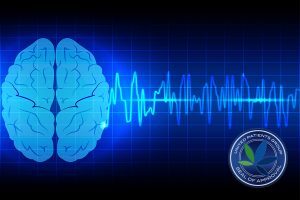 Studying the effects of cannabis as both a health-protective element and treatment for many illnesses and conditions is a stepping stone for the future of medicine. While heavily contested by some, cannabis is severely put under scrutiny by researchers and specialists in all medical fields and the conclusions are staggering.
Studying the effects of cannabis as both a health-protective element and treatment for many illnesses and conditions is a stepping stone for the future of medicine. While heavily contested by some, cannabis is severely put under scrutiny by researchers and specialists in all medical fields and the conclusions are staggering.
More than just a “recreational drug,” cannabis is considered a superfood containing over 400 compounds, including terpenes, which are researched for their positive effects on alleviating symptoms of respiratory conditions, pain, inflammatory diseases, cancer and even Alzheimer’s disease. Today we will take a look at the cannabis effects on your heart and brain as a protective and curative compound.
The Heart
Cannabis Has a Protective Effect on the Heart
Its cardioprotective role has been observed in mice. A 2013 study published in the Journal of Biochemical Pharmacology showed that the administration of small amounts of cannabis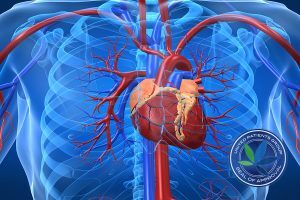 to mice resulted in a significant improvement in the efficiency of their heart ventricles by 5%. The scientific foundation of these findings is noted in the effects of tetrahydrocannabinol that activates at least two receptors (CB1 and CB2) which are present in the heart.
to mice resulted in a significant improvement in the efficiency of their heart ventricles by 5%. The scientific foundation of these findings is noted in the effects of tetrahydrocannabinol that activates at least two receptors (CB1 and CB2) which are present in the heart.
The study above found that small doses (3-4 orders of magnitude lower than the conventional doses used for recreational reasons) have cardioprotective effects reducing heart cells’ hypoxia in neonatal cardiomyocytes in vitro.
Cannabis Can Help With Alleviating Hypertension
Many medical studies have shown that smoking cannabis initially and briefly increases one’s heart rate, endangering the ones who suffer from heart problems, especially high blood pressure. However, what you should understand is that there is a huge difference between recreational doses and medical, therapeutic ones. Those experiencing heart rate increases also experience low blood pressure after the initial dose wears off.
 According to medical researchers, however, the mellowing and relaxing effects of cannabis people experience lead to stress relief. It is only natural to believe that therapeutic doses can help those suffering from hypertension feel better, and reduce the risk of hypertension-induced heart diseases. What people should know, in fact, is that different types of cannabis strains and dosages have different effects on hypertension and they should always talk to their doctors about the best course of treatment.
According to medical researchers, however, the mellowing and relaxing effects of cannabis people experience lead to stress relief. It is only natural to believe that therapeutic doses can help those suffering from hypertension feel better, and reduce the risk of hypertension-induced heart diseases. What people should know, in fact, is that different types of cannabis strains and dosages have different effects on hypertension and they should always talk to their doctors about the best course of treatment.
Cannabis Can Limit the Damages Caused by Heart Attacks
As a therapeutic approach, cannabis has been researched as a post-heart attack treatment. Specialists induced heart attacks in mice by provoking ischemia (blood flow restriction) to their hearts. After the ischemic event, doctors treated the mice with small amounts of THC (4 times lower than the regular intoxicating dose) 2 hours prior, 48 hours prior and 3 weeks prior to ongoing treatment. The results bring hope to people and heart disease specialists alike: the THC doses proved to limit the rate of heart cells’ death and damage after a heart attack.
damage after a heart attack.
After cardiovascular damage, the heart presents areas of dead (necrotic) tissue known as infarctions. THC was proved to decrease the size of these infarctions by 6%. While studies on humans are still necessary, the results of this research cannot be overlooked. Scientists are also taking a look at premature atrial contractions and how they could be prevented or treated with THC.
The Brain
Cannabis Can Heal Brain Trauma
Not many know – but it is important to learn – that our brains are filled with endocannabinoid receptors which play a significant role in the regulation of inflammatory responses. In fact, endocannabinoids are also studied for their neuroprotective properties. Since cannabis is under scrutiny right now and researched thoroughly for its health benefits, it is only logical to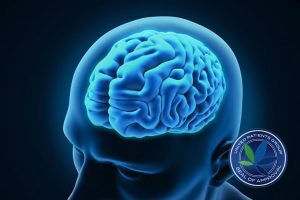 take a look at its effects on the brain, beyond the “high” effect typical users know about.
take a look at its effects on the brain, beyond the “high” effect typical users know about.
Brain injury/trauma and its connection to cannabis have been studied in humans, and the results are promising. Patients suffering from brain trauma who also tested positive for the Delta-9 Tetrahydrocannabinol (THC) receptors registered lower death rates. In 2015, researchers studying chronic neurodegeneration after traumatic brain injury found a link between moderate and severe brain injury (as identified in athletes for instance), brain inflammation, and long term brain damage and ongoing neuropsychiatric issues.
Cannabis Can Play a Protective and Curative Role in Neurodegenerative Diseases
The connection between the medical use of cannabis and the prevention and alleviation of Alzheimer’s disease symptoms is not a new research subject. However, as science expands its horizon, new data is being found. There is growing evidence that non-psychoactive cannabinoid cannabidiol (CBD) can reverse cognitive decline in mice models of human Alzheimer’s disease.
The results are backed up by other studies involving THC and its effects on slowing, and even reversing, the degenerative process of brain cells. However, researchers also looked at other neurodegenerative diseases – Huntington’s Disease, Parkinson’s, ALS, and others. There are plenty of studies leading to the same conclusions: CBD and THC may exert neuroprotective effects.
Cannabis Reduces Anxiety and Stress
 Anyone who ever smoked cannabis can tell you the same thing, but beyond recreation, there is grave concern regarding stress relief mechanisms and therapies. Stress cannot be neglected anymore. In our day and time, inescapable stress has become, unfortunately, a way of life for many people. High levels of it induce sleep disturbances, can lead to heart problems, hypertension, stroke and a vast number of related illnesses.
Anyone who ever smoked cannabis can tell you the same thing, but beyond recreation, there is grave concern regarding stress relief mechanisms and therapies. Stress cannot be neglected anymore. In our day and time, inescapable stress has become, unfortunately, a way of life for many people. High levels of it induce sleep disturbances, can lead to heart problems, hypertension, stroke and a vast number of related illnesses.
Today, scientists are mostly talking about CBD, the 5-HT1A receptor-mediated neuro-transmission, and the attenuation of acute autonomic responses to stress and its delayed emotional consequences. The 5-HT1A serotonin receptors were proved a long time ago to play a significant role in depression, anxiety and panic disorders.
Cannabis Can Fight Against Brain Cancer
 As we all are provided naturally with cannabinoid receptors, it was only logical for health specialists to analyze the relationship between cannabis and the development of brain cancer – one of the deadliest types of cancer know to man. Recent studies found that cannabis has plenty of anti-cancer properties. When it comes to brain tumors, however, THC has been found to be very promising: it seems it can kill cancerous cells and can shrink a tumor’s size.
As we all are provided naturally with cannabinoid receptors, it was only logical for health specialists to analyze the relationship between cannabis and the development of brain cancer – one of the deadliest types of cancer know to man. Recent studies found that cannabis has plenty of anti-cancer properties. When it comes to brain tumors, however, THC has been found to be very promising: it seems it can kill cancerous cells and can shrink a tumor’s size.
Of course, the studies have been conducted on mice simulating human tumors. It is still not clear what is the connection between cannabichromene (CBC)’s role as a neurogenesis (the growth of new brain cells) assistant and THC’s role as an anti brain tumor fighter. However, cannabis still has many surprises up its sleeve.
It is well established that cannabis influences every aspect and component of our bodies and health. And, granted, we don’t still know the half of it, given its complex chemical makeup and the endless possibilities of interactions between its various components and their effects on our health. However, science has still a lot of answers to provide, and there are plenty of reasons to look forward to seeing what new discoveries can bring us hope.
 Sameer Ather is an MD, PhD, cardiologist based in Birmingham, Alabama. He founded XpertDox.com wishing to reach out and help as many people as technologically possible. His knowledge and compelling research results remain at your disposal. For more details, kindly visit his website or come say “Hi!” on your favorite social media platform: Twitter | Facebook | Linkedin
Sameer Ather is an MD, PhD, cardiologist based in Birmingham, Alabama. He founded XpertDox.com wishing to reach out and help as many people as technologically possible. His knowledge and compelling research results remain at your disposal. For more details, kindly visit his website or come say “Hi!” on your favorite social media platform: Twitter | Facebook | Linkedin

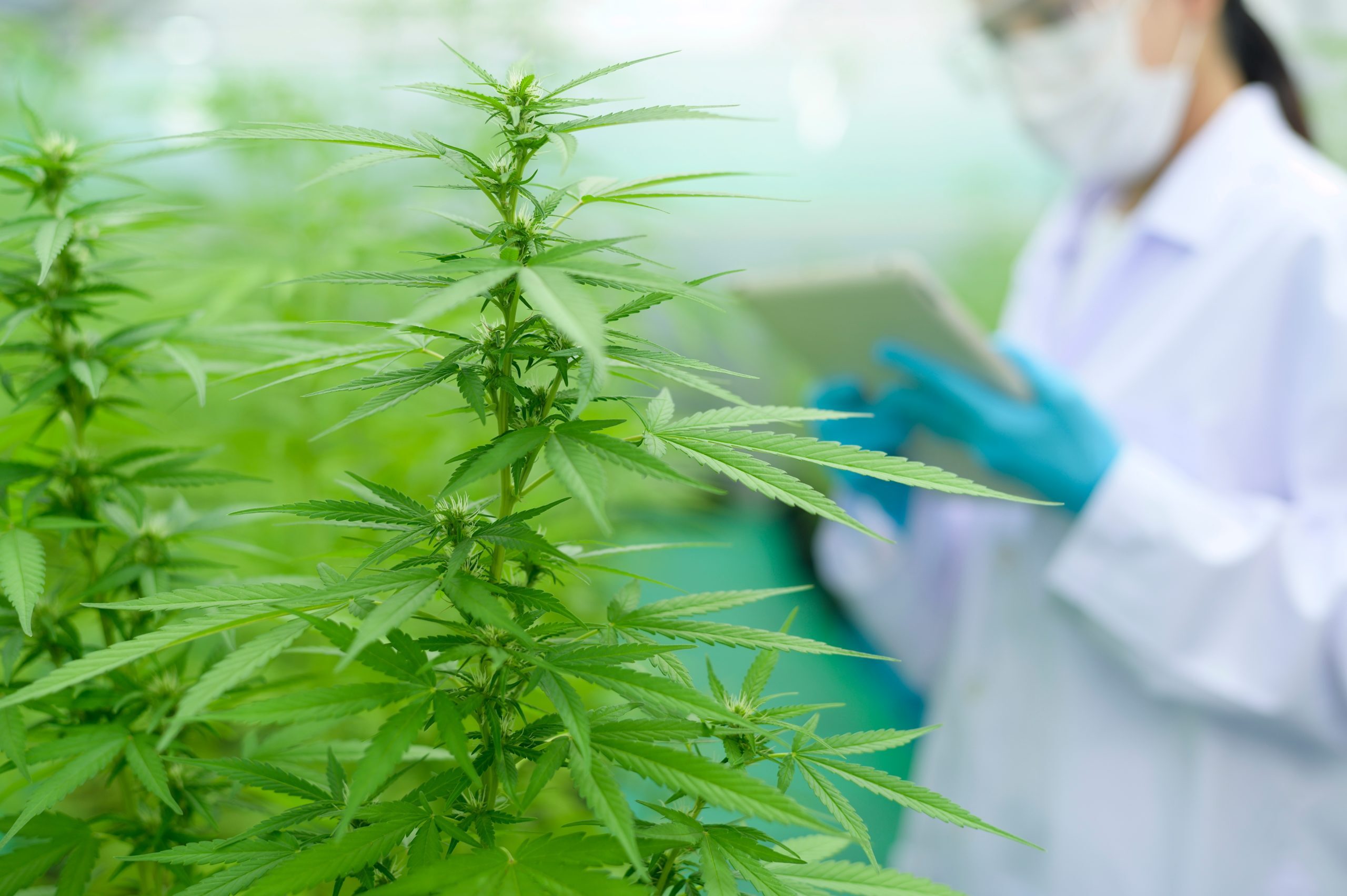

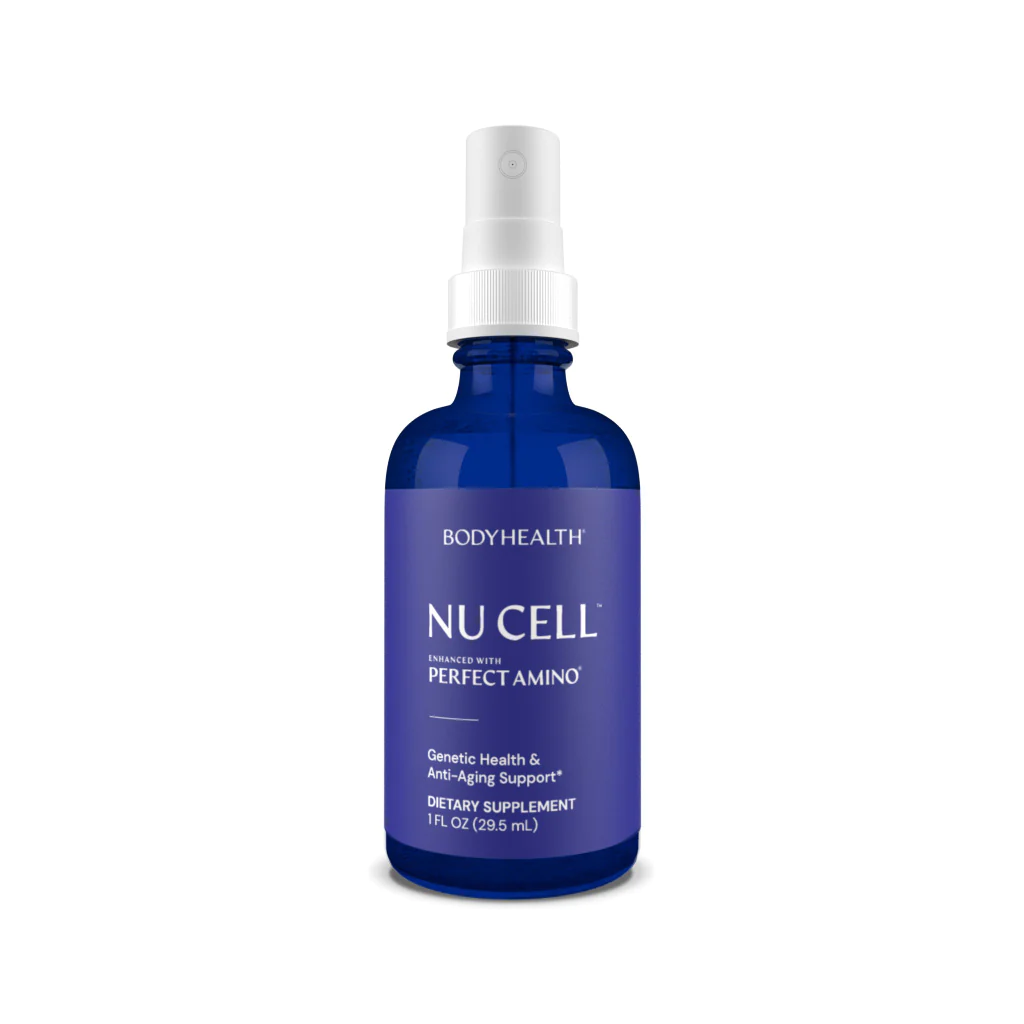







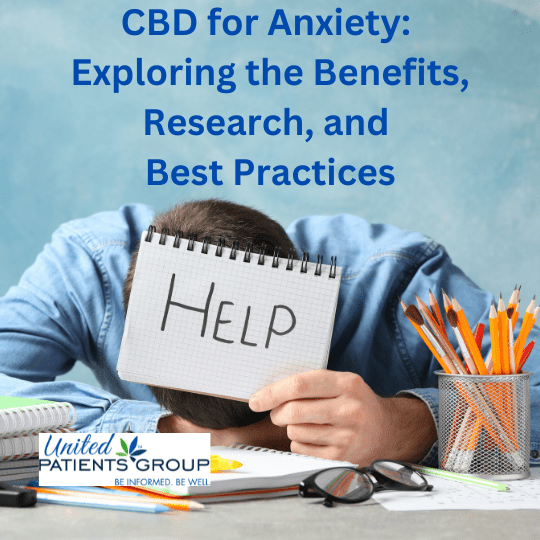


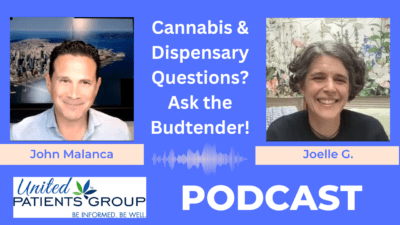
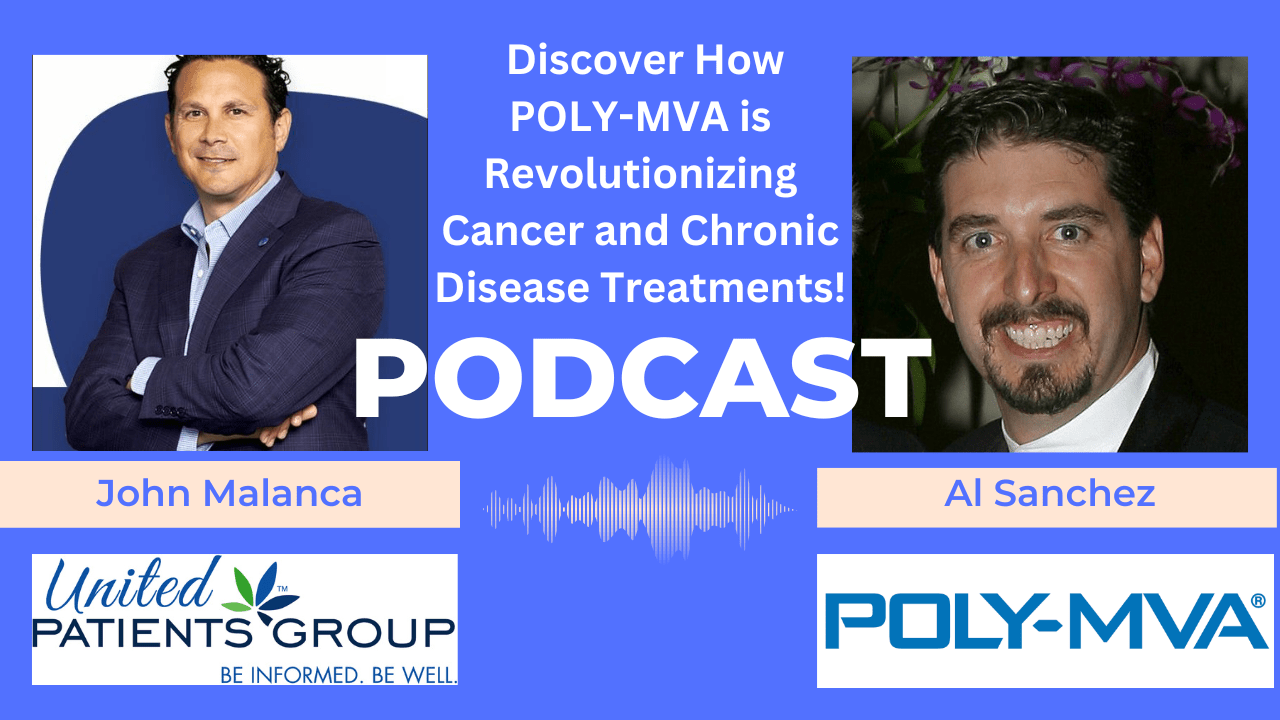
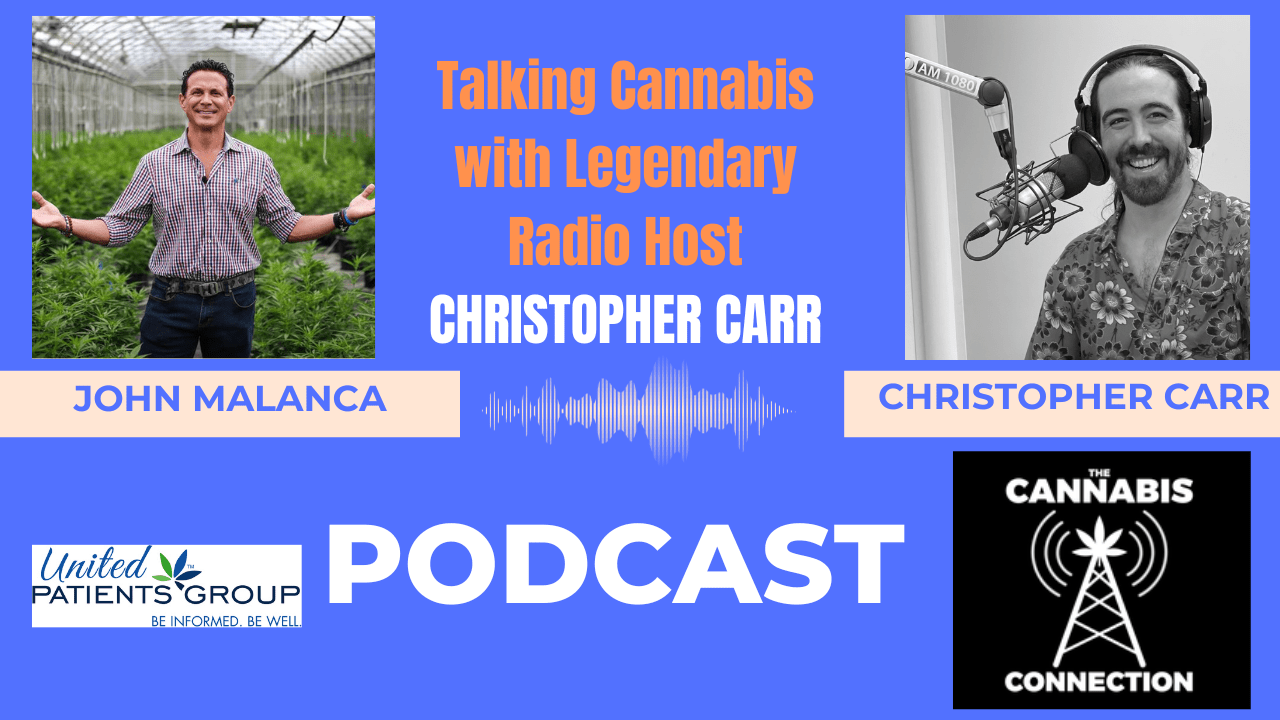


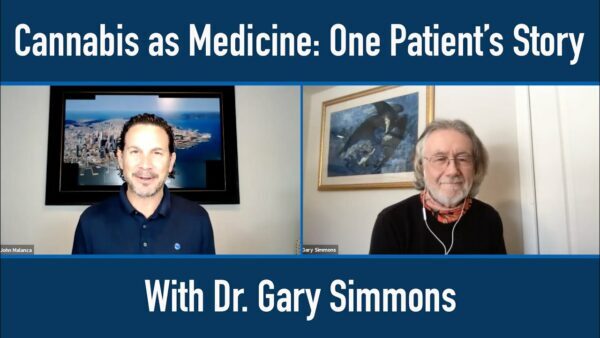


















Leave a Reply Cancel reply